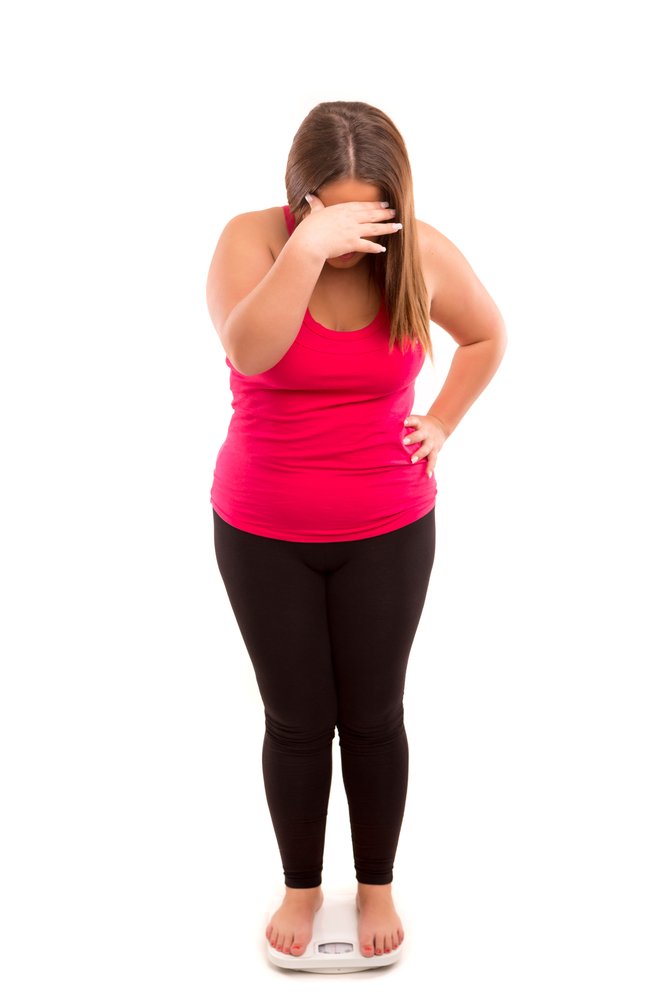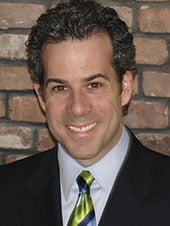You Are NOT What You Eat

The intensity of my friend’s comment was striking. As she spoke those words, she was shaking her head from side to side, looking at the ground. The expression on her face was one of disgust and shame. She looked as if she was on the verge of tears. It got me thinking.
My friend’s comments to herself were very cutting. Acknowledging that she “ate too much” may be a statement of fact. Thanksgiving is infamous for leading us to over indulge. This experience is hardly unique to my friend. It was her comments about feeling “disgusting” and “a fat pig” that are far more problematic, and likely explain the look of shame and disgust on her face.
Human beings engage in thousands of different behaviors each day. Eating or overeating is just one of them. No one behavior defines you. Labels like “disgusting” and “fat pig,” are a whole other matter. Labels are self-statements or beliefs about our overall worth and value. They are snap, global assessments about who we are, not just what we do. That’s what makes labels so dangerous. “I ate too much” becomes “I’m worthless” in an instant. Labels represent a “fusing” between an arbitrary thought or statements about ourselves (“I’m a fat pig” or “I’m disgusting”) and our overall feeling about ourselves. Strong negative feelings such as disgust and shame come from making global statements about who we are as a person.
Consider the difference between shame and embarrassment. We have all done things that have caused us to be embarrassed. Embarrassment is a feeling about a behavior. If you burp at the Thanksgiving table, you’re embarrassed, but it doesn’t change the way you feel about yourself as a person. Embarrassment is an “oops!” Shame and disgust are a different story. Shame isn't about a behavior. It’s about you.
In your efforts to lose weight and keep it off, never lose sight of the fact that your worth as a person is not defined by your weight. Your worth is not dictated by how you ate at a given meal. In fact, your worth is not dictated by what you’ve eaten at all of your meals combined. Remember that old ad campaign that said, “You are what you eat?” Health wise this may be true. In terms of your worth or value as a human being, it’s nonsense. Ask your friends if the joy you bring to their life goes up or down with your weight. Or if they like you less when you eat more at a meal. Unlikely.
The language you use when you talk to yourself is very important. If you feel “disappointed” or “upset” that you ate too much, that’s fine. If you’re embarrassed that you had two pieces of pie instead of one that’s ok too. Just avoid telling yourself that you’re “a fat pig” or “gross.” It’s actually very simple. Talk to yourself the way you would talk to a friend. It’s unlikely that you would tell a friend she’s “disgusting,” “a fat pig,” or “gross.” You wouldn’t use labels that define your friend based upon how she ate at one meal. You wouldn’t make comments about your friend that made her feel ashamed. Extend yourself the same courtesy.
Perhaps most importantly, recognize that it is exactly this type of negative self-talk and these feelings of disgust and shame that contribute to more overeating or binge eating. The cycle is familiar. You overeat, you tell yourself that you’re “disgusting” or “gross,” you feel ashamed, and then you try to cope with these unpleasant feelings by eating. Instead, cut shame off at the pass. Recognize that you have acted in a manner that you want to change, label it appropriately and tell yourself how you plan to address it. For example: “I overate tonight, so I guess I’ll go for a walk tomorrow morning and take it easy on the leftovers tomorrow.” Notice how this statement addresses the undesired behavior and the actions you intend to take to move forward. There is no name-calling, no labeling. As a result, there’s no shame and self-loathing and you can simply put the undesired behavior behind you and move forward. That’s how you break the cycle.
I forgot to mention that when my friend told me that she overate and felt disgusting and gross I told her I overate a bit as well. I told her it was just one meal and that there was nothing to be ashamed of. Friends take care of each other. Make sure that you’re a good friend to yourself. That would be something we could all be thankful for.
Maybe, LOL, when you live in Australia you're grateful every day not just one day a year. Ours got started as a way the English settlers wanted to thank the Native Americans for inviting them to share dinner. As things turned out, maybe they should have been a little more careful with their dinner invitations. In my own state, Ohio, we basically " ran them out of town", fat lot of gratitude THAT was! Do I have Native American blood, well I suspect I do, if you look at my ancestors, it is obvious. Asked an aunt on Daddy's side, and was,informed in a haughty voice, : We DO NOT DISCUSS that!" Yipes, I just wondered, besides her vehemnt denial leads me to believe,there is at,least " 1 Indian in the family woodpile or on the family tree", not much chance the Mingos which would be the proper tribe, would want Me anyway, and they assimulated into the Peoria tribe generations and generations ago. What good would a ginger-haired , fair-skinned cousin do them?
Make you all a deal! If you have Wikipedia pull up either,Peoria Indian people or tribe. Ok, got it pulled up. You will see among the pictures a middle-aged lady there, spitting image of my Aunt Minnie, the one who nearly spit,in my face for asking. And what harm,in asking? At best I would be 1/8 or 1/16th, pretty diluted. Just would be nice to know I am in an ancestral homeland in Ohio .




Hop_Scotch 1,634
Posted
Well said and a timely reminder, we do not do thanksgiving in Australia, but Christmas is just around the corner
Share this comment
Link to comment
Share on other sites